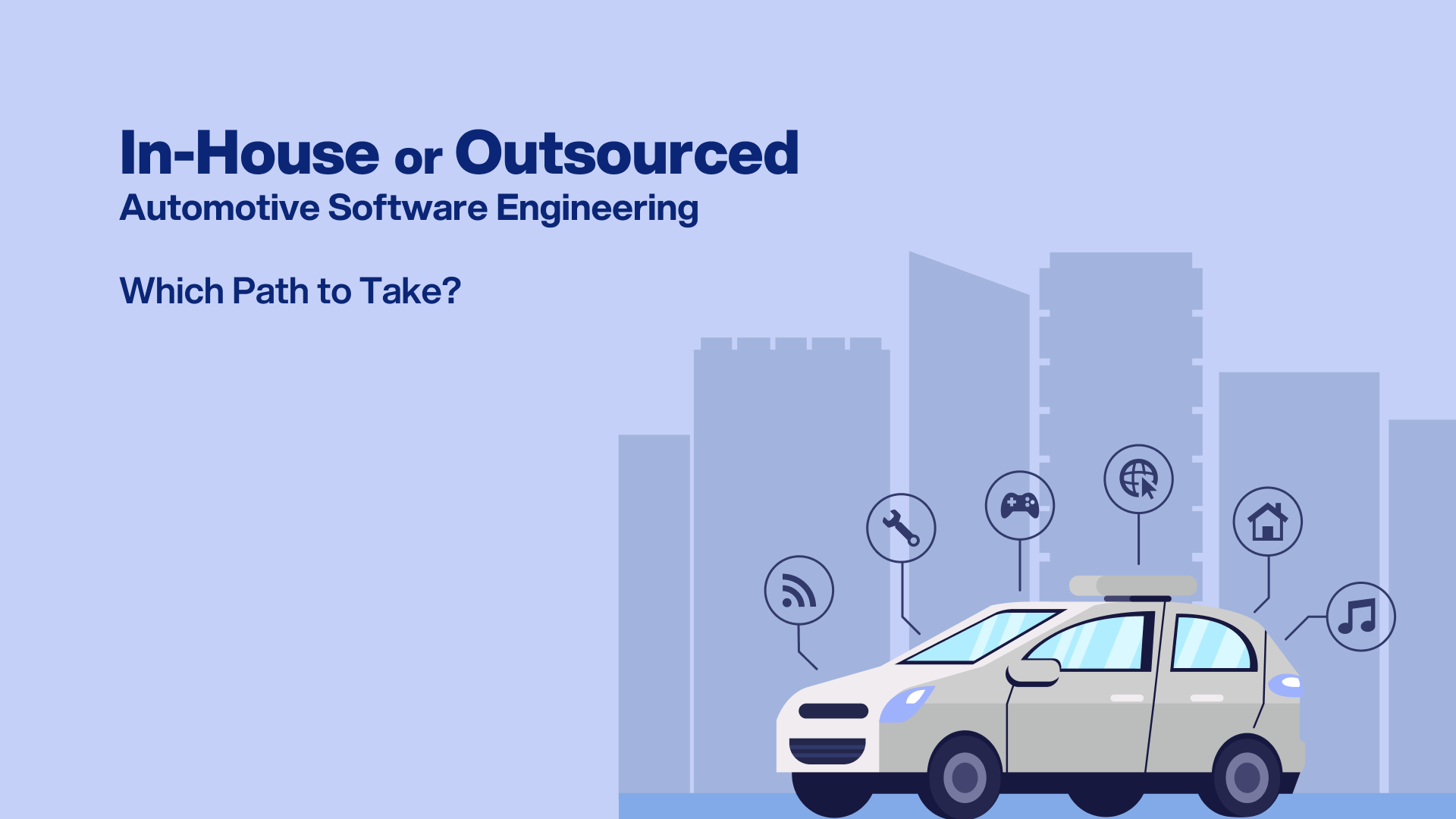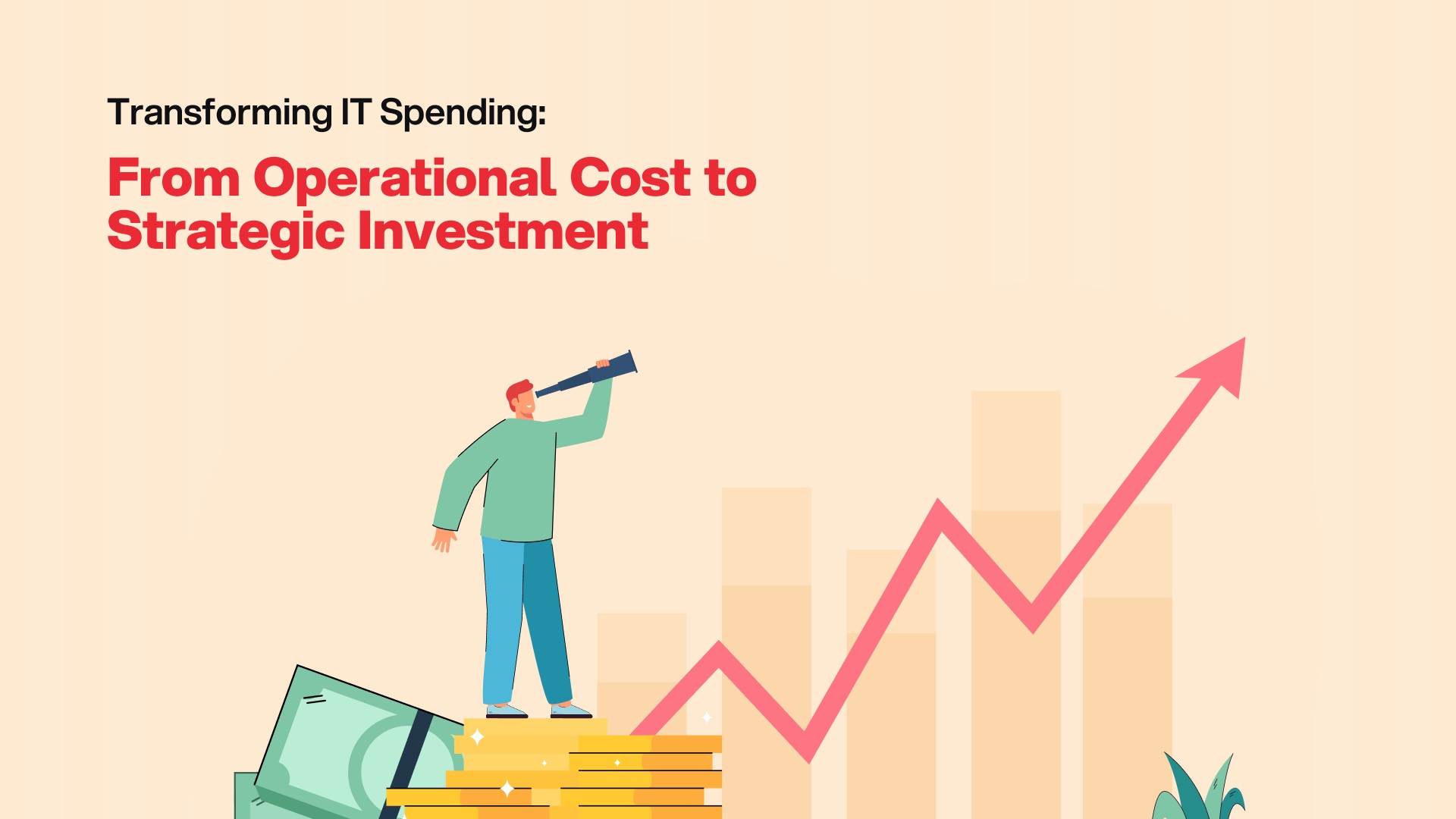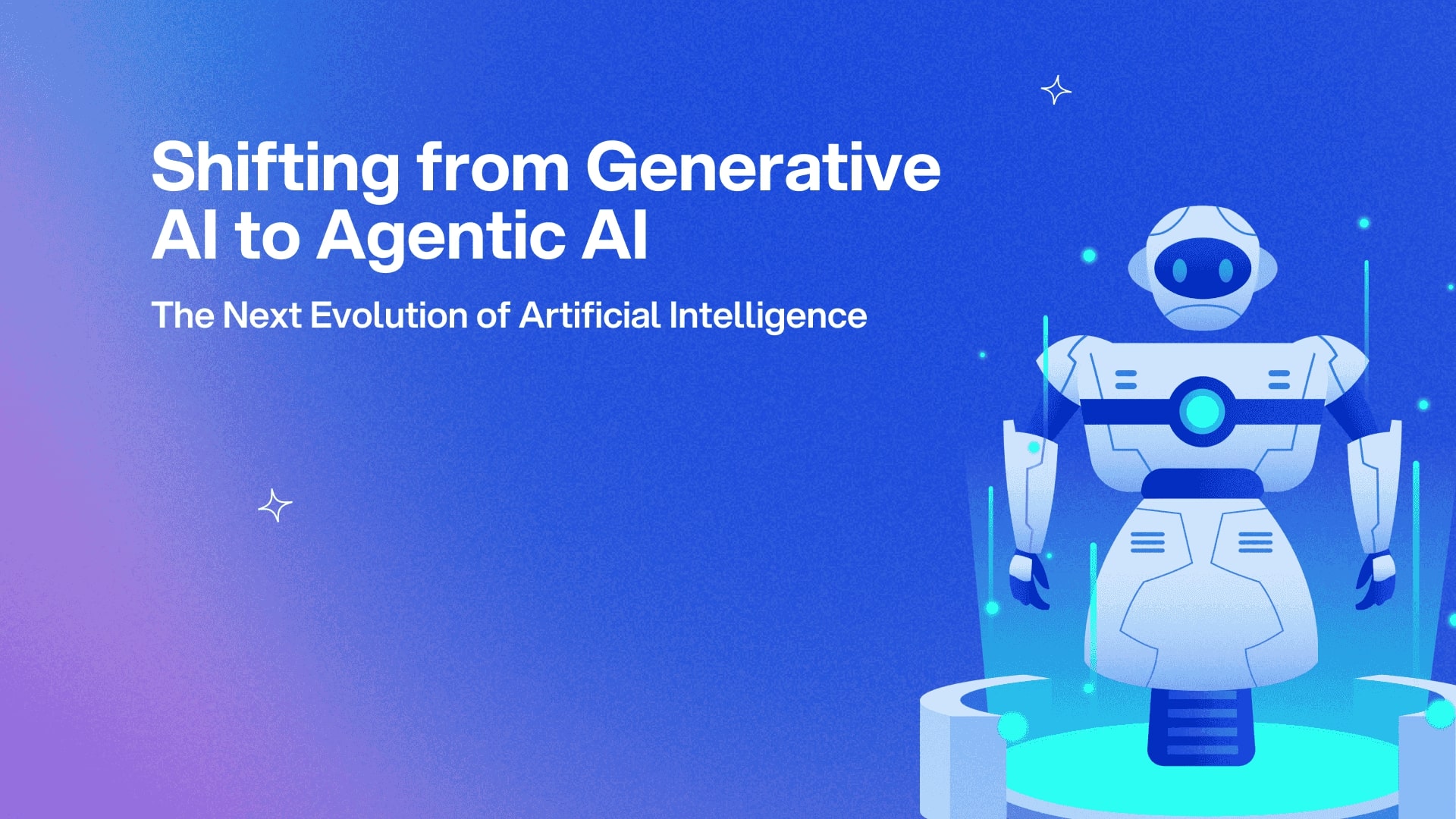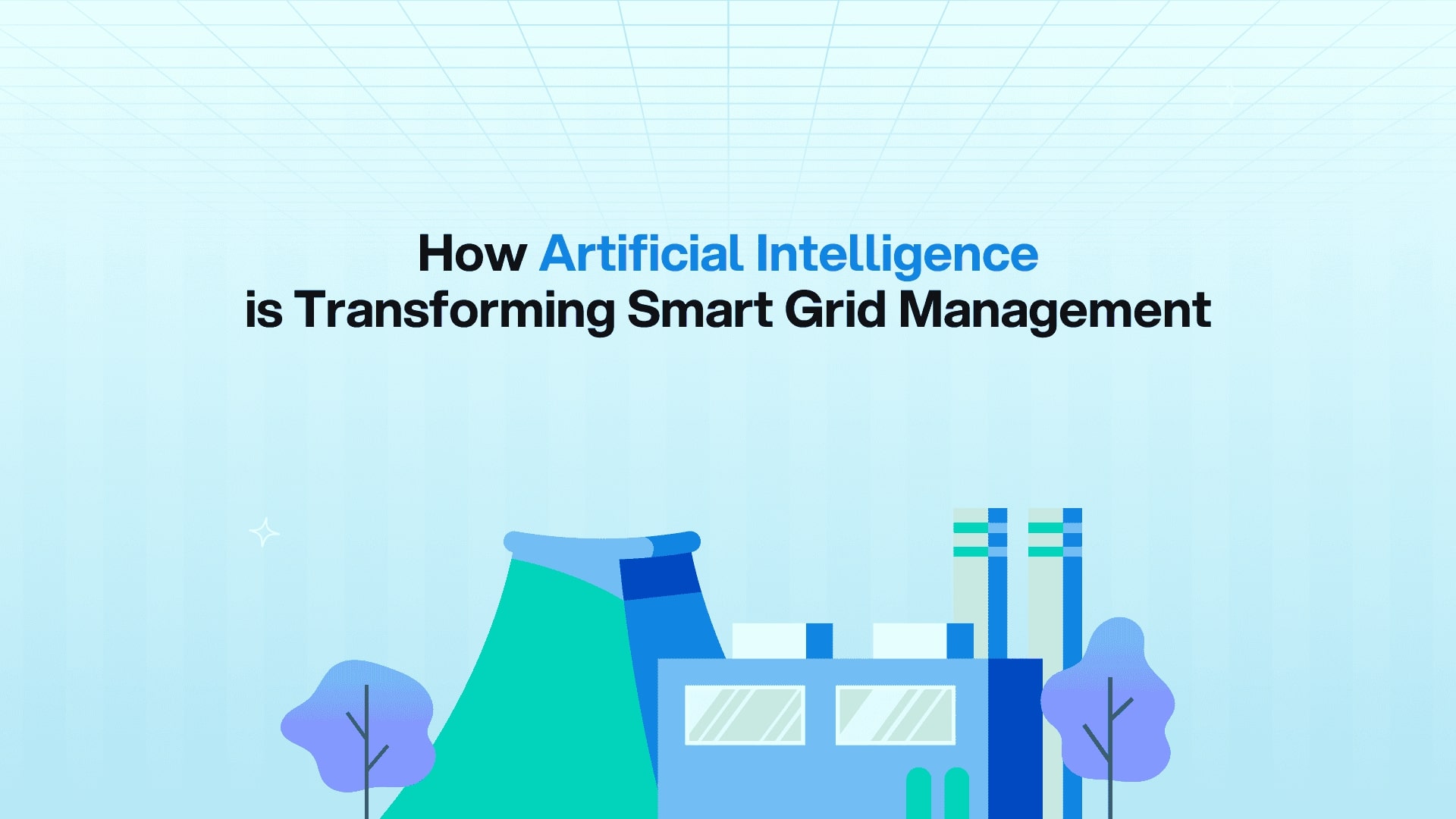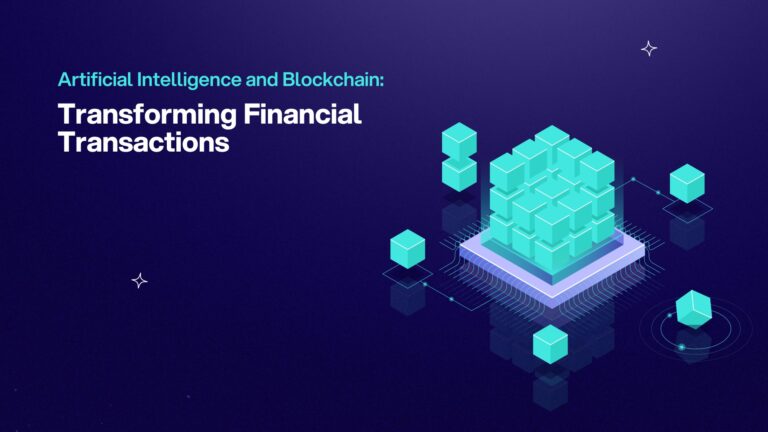
Contents
The fintech industry is currently experiencing a significant transformation, propelled by advancements in Artificial Intelligence (AI) and Blockchain technology. The combination of these technologies has the potential to revolutionize financial transactions by enhancing security, efficiency, and transparency. Artificial intelligence and blockchain are not only enhancing the user experience through personalized financial management, enhanced security, and faster transactions but are also establishing the foundation for a more inclusive and transparent financial ecosystem. This article will provide an in-depth analysis of how AI and blockchain in fintech are reshaping the financial landscape.
The interaction between blockchain technology and artificial intelligence is profound. Each technology possesses unique capabilities that have the potential to revolutionize processes. When combined, AI and blockchain in fintech create opportunities that were previously inconceivable. The convergence of these two fields establishes a dynamic ecosystem characterized by both data integrity and predictive analytics.
Personalized Financial Management
A notable contribution of AI to financial applications is the capacity to provide personalized financial advice and planning. By leveraging machine learning algorithms, these applications can analyze user behavior, spending habits, income patterns, and financial goals to provide customized recommendations. For example, AI-driven budgeting applications can suggest how to optimize expenditures, enhance savings efficacy, and invest based on an individual’s financial circumstances. Furthermore, AI is enabling virtual financial assistants or chatbots, which aid users in managing their accounts, providing updates, answering inquiries, and offering financial advice 24/7. These AI assistants are designed to comprehend natural language, which makes interacting with them intuitive and user-friendly.
Enhanced Security
Enhanced security is a key benefit of using AI and blockchain in fintech. Blockchain’s decentralized nature ensures that transaction data is immutable and transparent. Each transaction is recorded in a block, which is subsequently linked to previous blocks, creating a secure chain that is virtually impossible to alter without consensus from the network.
Conventional fraud detection systems depend on established rules and data patterns, but AI enhances this process by continuously learning from new data, adapting to emerging threats, and identifying unusual patterns that could indicate fraudulent activity. Machine learning algorithms can analyze extensive volumes of transaction data to identify unusual patterns and flag potential threats in real time. For instance, AI can detect anomalies such as multiple transactions from various locations within a brief timeframe, which could indicate fraudulent activity. Moreover, AI can continuously learn and adapt to new fraud tactics, improving its detection capabilities over time. This dynamic approach to security is essential in an age where cyber threats are continuously evolving.
Enhanced Efficiency
Artificial intelligence and blockchain technology significantly improve the efficiency of financial transactions. Blockchain can speed up transactions by removing intermediaries like banks and clearinghouses. Blockchain facilitates peer-to-peer transactions, thereby reducing processing time from days to minutes.
Artificial intelligence automates various aspects of transaction processing, which increases efficiency. For instance, AI-powered smart contracts execute automatically when predefined conditions are met, eliminating the need for manual intervention. This automation mitigates the risk of human error and expedites transaction completion. Additionally, AI can optimize transaction routing and minimize latency, ensuring that transactions are processed as quickly and cost-effectively as possible. By analyzing historical transaction data, AI can predict the most efficient routes and methods for processing payments.
Ensuring Transparency and Trust
Transparency is a key feature of blockchain technology. All transactions documented on the blockchain are transparent to every participant, providing a clear and immutable audit trail. This transparency fosters trust among parties, as they can independently verify the integrity of the transaction data. Artificial intelligence complements this transparency by providing deeper insights into transaction patterns and behaviors. Advanced analytics have the capacity to reveal hidden correlations and trends, enabling financial institutions to make more informed decisions. For instance, AI can examine blockchain data to identify potential money laundering activities by detecting intricate transaction patterns that could suggest illicit activities.
Find Your Perfect Software Outsourcing Partner
Unlock a world of trusted software outsourcing companies and elevate your business operations seamlessly.
Discover CompaniesSeamless Cross-Border Payments
Cross-border payments have traditionally been slow, expensive, and prone to errors. The combination of AI and blockchain is transforming the financial sector by providing faster, more affordable, and more reliable solutions.
A notable example is Ripple, a blockchain-based payment protocol that utilizes AI to facilitate cross-border transactions. Ripple’s technology facilitates real-time settlement of international payments, which considerably diminishes the time and cost associated with traditional methods. By leveraging AI, Ripple can optimize liquidity and ensure that transactions are routed through the most efficient channels.
Credit Scoring and Lending
Artificial intelligence is transforming the lending landscape by enhancing credit scoring systems. Conventional credit scoring models frequently depend excessively on past credit data, which may not completely represent an individual’s present financial circumstances. In contrast, AI has the capacity to evaluate a wider array of factors, encompassing spending patterns, social media engagement, and even alternative data sources such as utility bills. By utilizing AI to evaluate creditworthiness more accurately, lenders can provide more competitive loan terms and guarantee that underserved populations, who may not have a traditional credit history, can access credit. This has the potential to create a more inclusive financial ecosystem, where a greater population can access financing under equitable terms.
Enhancement of Regulatory Compliance
Regulatory compliance is a critical aspect of financial transactions. Artificial intelligence and blockchain technology can optimize compliance procedures by supplying precise and current data for regulatory reporting. Blockchain’s transparent and immutable ledger guarantees that all transaction data is readily accessible for auditing purposes. Artificial intelligence has the capacity to automate compliance checks and monitor transactions to identify regulatory violations. For example, AI can ensure that transactions are compliant with anti-money laundering (AML) and know-your-customer (KYC) regulations by cross-referencing transaction data with regulatory databases. This automation lessens the workload on compliance teams and mitigates the risk of non-compliance.
Conclusion
The future of AI and blockchain in fintech looks incredibly promising, with ongoing advancements expected to further enhance their capabilities. Potential future developments include the implementation of more sophisticated AI algorithms for fraud detection, increased integration with other financial technologies, and wider adoption of blockchain-based payment systems. As these technologies continue to develop, they will offer increasingly robust, efficient, and secure solutions for financial transactions. The competitive financial landscape will favor businesses that adopt AI and blockchain technologies.

